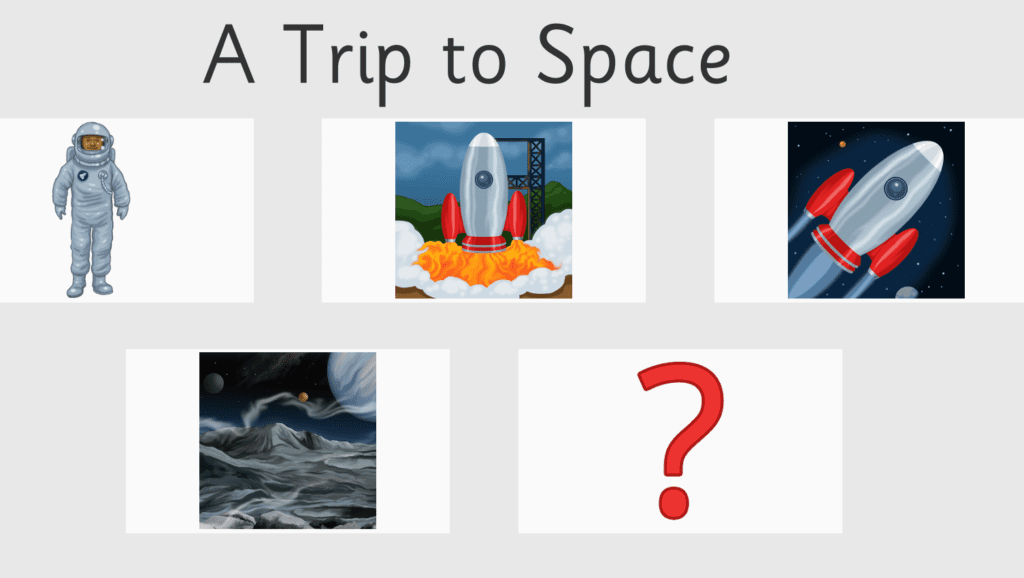World Space Week
Audio of World Space Week blog
Supporting staff and students to achieve their full potential since 1968.
Welcome to our weekly CENMAC blog post
World Space Week | by Mary Long, CENMAC Advisory Teacher
World Space Week is an international salute to science and technology, and the ways that humans can live better lives through ongoing development in these areas. It was declared as a world-wide event in 1999 by the United Nations General Assembly in commemoration of two important dates in space history:
- October 4, 1957: Launch of the first human-made Earth satellite, Sputnik 1, which marked the beginning of space exploration.
- October 10, 1967: The signing of the Treaty on Principles Governing the Activities of States in the Exploration and Peaceful Uses of Outer Space, including the Moon and Other Celestial Bodies.
This year, World Space Week celebrates ‘Women in Space’. As of March 2021, how many women do you think have flown in space?
Last year, even though many events were restricted to an online nature, due to the COVID-19 pandemic, 91 countries around the world took part in World Space Week, with the umbrella theme of ‘Satellites Improve Life’.
This year, World Space Week celebrates ‘Women in Space’. As of March 2021, how many women do you think have flown in space?
- 7
- 24
- 65
- 102
The answer may surprise you! To mark Women’s History Month in March this year, NASA put together a list of every woman who has flown in space visit: www.nasa.gov/mission to read more about some of these amazing space pioneers.
For deepening your students’ knowledge and understanding of space, Crick software have a range of ready-made resources available for Clicker and Docs Plus. There are also some free activities and information pages available from NASA on their Space Place pages for parents and educators. Alternatively, there is a range of resources and live-streamed content available for purchase from As Creatives.
This year saw a handful of multi-billionaires jostling to become leaders in space travel for all, and the beginnings of space tourism, with flights by Richard Branson, Jeff Bezos and Elon Musk. There are plans for Branson’s company ‘Virgin Galactic’ to start taking paying customers to space as early as next year. Although space travel may be out of reach for most of the human population, there are plenty of ways to explore the planets virtually. Try Space Engine for a captivating ‘Universe Simulator’ or Celestia to explore the universe in 3D.
If you would like to get involved with World Space Week and plan an event in school, take a look at some of the ideas on offer from the European Space Education Resource Office. Teachers and schools can also register with the National Schools’ Observatory for access to the world’s largest fully-robotic telescope, Liverpool Telescope and a plethora of extensive web resources.
Don’t forget you can share your CENMAC experiences for our CENMAC family to enjoy. Plus, sign up for our newsletter to read more about Technology and Education.
(Answer: 65)





